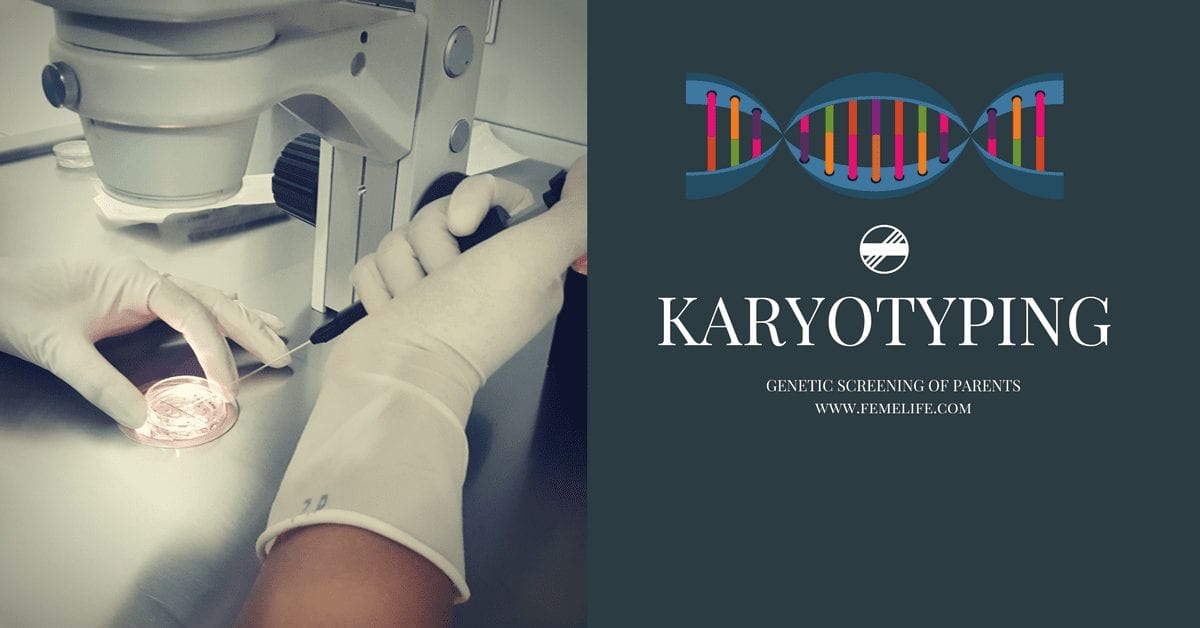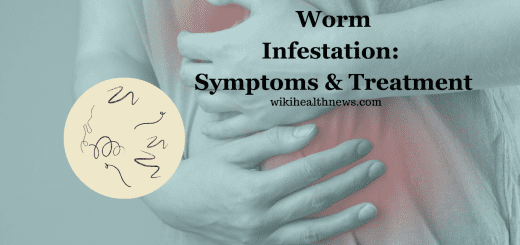Can We Prevent Birth Defects by Genetic Screening of Parents?

What causes birth defects?
Natural birth defects occur in about 5% of babies born regardless of the conditions of the pregnancy. Birth defects are structural changes present at birth that can affect any part or parts of the body. They may affect structure of a body part or function of an organ. Birth defects can vary from mild to severe, the expected lifespan of a person with a birth defect may or may not be affected. These birth defects can be developmental or genetic. Developmental defects are influenced by environmental factors like exposure to chemicals, pollution, smoking or ingestion of drugs during pregnancy. These defects can also be attributed to deficiency of essential nutrients and vitamins during pregnancy. Good antenatal care and maintaining a healthy lifestyle can prevent these defects in the new-born. However, some couples have a greater than average risk of having a child with a birth defect due to inherent genetic disorders. These couples can undergo screening before conceiving which helps to avoid problem in the unborn.
What is Karyotyping?
Chromosomes are the factors of inheritance that distinguish one species from one another. They enable transmission of genetic information
from parents to the offspring. Chromosomes are the vehicles, which facilitate the reproduction and maintenance of a species. Changes in the chromosomal pattern and structure can cause genetic abnormalities in the individual which can be passed on to the next generation.
Karyotyping is a process of sorting and identifying chromosomes that are different from normal. It is widely used to detect changes in chromosome shapes and gene positions. In a karyotype the chromosomes are identified by their size and therefore this process can be performed by measuring changes in structure of chromosomes.
In other words, karyotyping refers to a procedure of photographic representation of specific chromosomes that are arranged in a standard manner. It has enabled us to visualize undetected abnormalities of chromosomes and is of considerable diagnostic importance.
Who are advised karyotyping before conception?
Karyotyping can be advised to detect a variety of genetic disorders in specific clinical scenarios, few of them are:
1.Premature ovarian failure – women attaining menopause early.
2.Couples having recurrent miscarriages
3.Couple facing problems in conceiving (infertility)
4.Few sperms in the male partner
5.Couple having history of delivering children with specific disorders
6.Couple terminating pregnancy due to multiple congenital defects in the foetus.
- Advanced Maternal Age – Women over 35 years of age, those with a previous affected child, and those with a positive family history have a higher risk of chromosomal problems and miscarriage.
- Familial Associations with Specific Diseases
- Racial or Ethnic Associations to Specific Diseases
- Congenital bilateral absence of vas deferens in the male partner
Babies can also be karyotype tested before they’re born to diagnose genetic abnormalities that indicate serious birth defects, such as Down’s, Edwards, Patau’s or Klinefelter syndrome. In most of these situations the pregnancy gets spontaneously terminated. Couples with recurrent miscarriage also face an increased risk of being carriers of a structural balanced chromosome abnormality. Individuals with unexplained infertility, absent or low sperm count, or primary ovarian insufficiency may sometimes have an atypical set of sex chromosomes. For example, a woman may have only one X chromosome instead of two, or a man may have two X chromosomes plus a Y instead of one X and one Y.
Which familial diseases require genetic screening?
The following diseases if found in the family will need genetic counselling and screening-
- Down syndrome
- Muscular Dystrophy
- Tay Sachs
- Chromosomal syndromes
- Neurofibromatosis
- Sickle Cell
- Seizures
- Unexplained stillbirths or neonatal deaths
- Recurrent miscarriage
- Huntington’s disease
- Cystic Fibrosis
- Hemophilia or other bleeding disorders
- Mental retardation
- Neural tube defects
- Familial dysautonomia
How Does Karyotyping help the couple?
At times, the genetic information on the chromosomes gets rearranged. If this happens without loss of genetic information it is known as a balanced chromosomal rearrangement. Carriers of balanced chromosomal rearrangements are generally not at risk for specific disorders themselves; however, the atypical arrangement of the genetic information increases the chance of passing a genetic defect to the offspring. An individual with an unbalanced chromosome rearrangement has missing and/or extra segments of genetic information, which may lead to abnormal fetal development or even pregnancy loss, depending on the size and location of the genetic segment(s) involved.
Why Is Genetic Counselling Important?
Before undergoing any genetic testing, it is important to speak to a genetic counsellor or another qualified healthcare provider about the risks, benefits, and limitations of parental karyotyping. For example, one limitation of karyotyping is that it cannot detect disorders due to mutations in single genes, such as Cystic fibrosis, TaySachs disease, or Sickle cell anemia. Genetic counselling is recommended both prior to testing, as well as after the results are complete, in order to help discuss further options.
What next if karyotyping reveal abnormalities?
Couple should go for genetic counselling who can do a pedigree analysis and predict the risk of transmission of the disorder to the offspring.
If the risk is high they may go for gamete donation programme like sperm or egg donation. Alternatively, IVF /ICSI with PGD may also be discussed with the couple.











